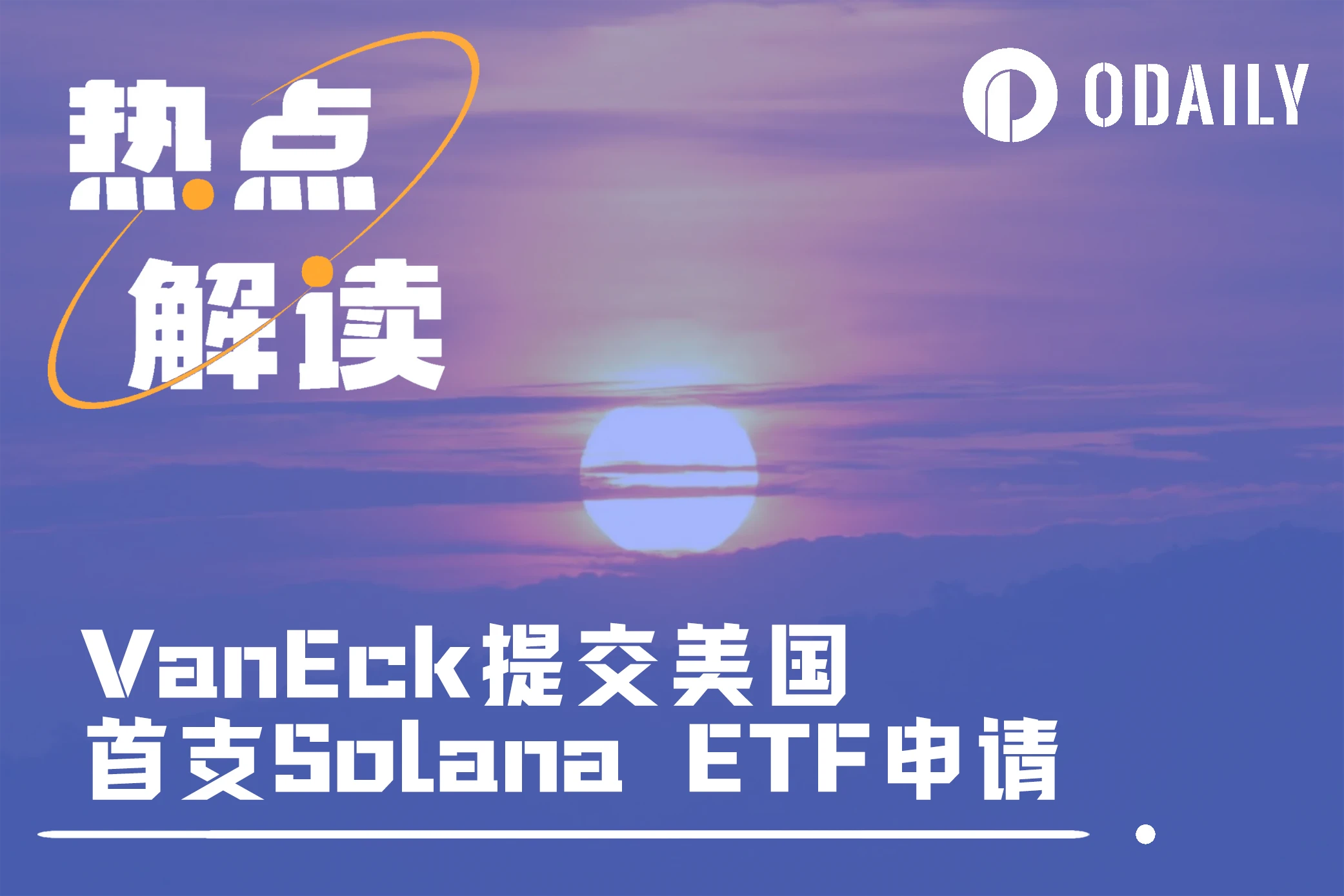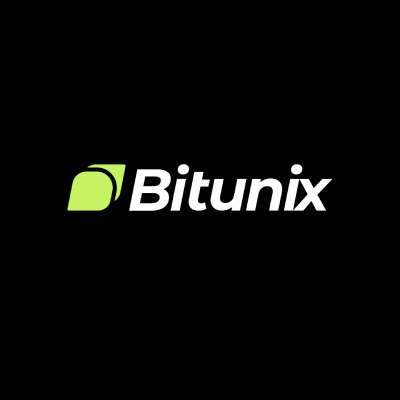VanEck soumet la première demande d'ETF Solana aux États-Unis. À quelle distance est-elle de l'approbation ?
Original | Odaily Planet Daily ( @OdailyChina )
Auteur : Nan Zhi ( @Assassin_Malvo )

At 9 p.m. Beijing time on the 27th, market news said that VanEck had submitted an application for the Solana ETF , which instantly ignited the token market of the Solana ecosystem. The price of SOL once exceeded 150 USDT, and the leading tokens of the ecosystem such as WIF and RAY rose by more than 10% within an hour.
Subsequently, Matthew Sigel, head of digital asset research at VanEck , confirmed the news in a post on the X platform . VanEck has applied to the U.S. Securities and Exchange Commission (SEC) for a Solana ETF. The new fund is called VanEck Solana Trust and is the first Solana ETF applied for in the United States .
When asked why he applied for the Solana ETF, Matthew said: “Solana is a competitor to Ethereum that can handle payments, transactions, games, and social interactions. The Solana blockchain runs as a single global state machine without sharding or Layer 2, providing a better user experience. We believe that the combination of high throughput, low fees, strong security, and a strong community atmosphere makes Solana an attractive choice for ETFs , providing investors with a versatile and innovative open source ecosystem.”
There is some hope, but approval is still a long way off
Although VanEcks move is another major milestone in Solanas development history, it may still be a long way from actual approval in terms of time and procedures.
Wintermute founder Evgeny Gaevoy was the first to speak and poured cold water on the situation, saying: The possibility of SOL ETF being approved this year is almost zero, and it is quite stupid to wishful thinking that this will become a priority for the Trump administration; once you really see the inflow of funds into the ETH ETF, you will understand that even if the SOL ETF is approved, the inflow of funds will be only less. Evgeny added that Wintermute is a long-term supporter of SOL and ETH, but should not brag too much. It is better to be realistic and the adoption of cryptocurrencies takes time.
James Seyffart, a Bloomberg analyst who has received much attention in the previous Bitcoin application, also a écrit ça if the White House changes to a new government and the SEC completes the personnel change, the relevant application may be launched sometime in 2025, but it may not be realized . James emphasized that after VanEck submitted the first SOL ETF in the United States, it is necessary to focus on whether other issuers will follow up .
Looking Back at VanEck and ETFs
As early as 2013, the US SEC received the first Bitcoin ETF application, but nothing happened at the time due to the immaturity of the market.
In 2018 , Bitcoin ETF applications began to reach their first climax, and VanEck was one of the pioneers in this wave . At that time, VanEck and SolidX cooperated to apply for a Bitcoin ETF, but it was rejected on February 27, 2019.
In October 2021 , ProShares Bitcoin futures ETF was approved and began trading, the first Bitcoin-related ETF approved in the United States. In the same month, VanEcks Bitcoin futures ETF was approved . However, its Bitcoin spot ETF was rejected the following month, and the Bitcoin spot ETF was not approved by the SEC until three years later, in January of this year, as everyone knows.
The road to the birth of a Bitcoin ETF is very bumpy, and each major progress needs to be made year by year. Solana ETF is beginning to see the light of day, but the road to approval is also long.
Commodities or Securities?
Previously, the core reason why the market believed that Ethereum spot ETF would be difficult to pass approval was that there was no consensus on whether Ethereum should be classified as a commodity or a security.
The reason why the 19b-4 document of the Ethereum spot ETF was approved in May was that all the applicants modified the terms to ensure that ETH would not be involved in staking and interest-earning operations . In addition, last week (June 18), the US SEC announced the end of its investigation into Ethereum 2.0, which was undoubtedly a staged victory and once again sent a positive signal to the outside world: the staking of POS tokens may usher in a new trend change, and tokens that were once identified as securities may be identified as commodities in the future.
Although the commodity and security attributes of other cryptocurrencies are still unresolved , which has become an important factor hindering the approval of ETFs, it does not prevent leading institutions such as VanEck from applying in advance.
In fact, regarding the above, Matthew Sigel, head of digital asset research at VanEck, expressed his views in an article: Why do we think SOL is a commodity like BTC, ETH, etc.? We believe that the function of the native token SOL is similar to other digital commodities and is used to pay transaction fees and computing services on the blockchain. Like ETH on Ethereum, SOL can be traded on digital asset platforms or used for peer-to-peer transactions. SOLs decentralized nature, high practicality and economic feasibility are consistent with the characteristics of other mature digital commodities, which further strengthens our belief that SOL may become a valuable commodity.
But this is just VanEck’s opinion. It remains to be seen whether the SEC will approve SOL’s spot ETF in the future.
Cautious optimism
Although based on the current market situation, the approval of Solana ETF is still a long way off. However, the trading in the crypto market relies more on expected speculation, and it does not need to wait until the news is actually released before the rise begins. Every major progress may become a wave that drives the rise of Solana ecosystem tokens. Of course, in this process, the market fluctuates greatly, and the ups and downs are more frequent. Odaily reminds investors to pay attention to risks and use leverage with caution.
This article is sourced from the internet: VanEck Submits First Solana ETF Application in the United States, How Far is It from Approval?
Original author: Peng Sun, Foresight News On May 11, LayerZero Labs released the Protocol RFP proposal to the community, marking the first step in finalizing the TGE allocation. The RFP allows each project to set its own allocation criteria based on its overall token allocation. All projects that deployed OApp, OFT, or ONFT contracts on the mainnet before Snapshot #1 and declared on LayerZero Scan are eligible to submit proposals. The Protocol RFP proposal application ended on May 31, and the partner project address was determined before 08:00 on June 6. Recently, LayerZero co-founder and CEO Bryan Pellegrino said that the final list of Sybil addresses will be announced before the end of June, and the airdrop was previously planned for this month. Currently, more than 200 protocols have submitted…







